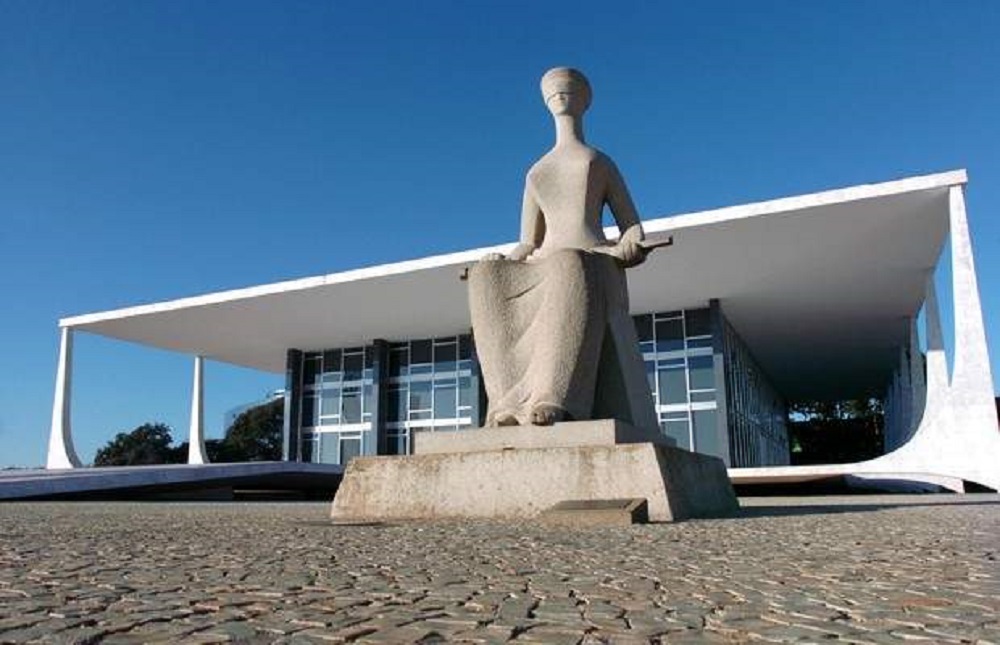RIO DE JANEIRO, BRAZIL – The Association of Brazilian Magistrates (AMB), which includes 37 regional associations of judges, has requested the Federal Supreme Court (STF) to declare eleven articles in the Abuse of Authority Bill unconstitutional.
In an action brought before the Court this weekend, the body considers that
the law will “intimidate” the judiciary and “seriously compromise the freedom to judge”.

AMB’s Direct Unconstitutionality Action challenges articles 9 (sole paragraph and clauses 1, 2 and 3), 10, 19, 20, 27, 30, 32, 33, 36, 37 and 43 of the Abuse Bill.
The largest and most influential body of judges in Brazil had already publicly stated that it would refer to the Supreme Court against the Abuse of Authority Bill. At the time, the AMB pointed out “unprecedented institutional setback” in its text that Congress approved by overturning 18 vetoes by President Jair Bolsonaro.
For the Association, the new law was designed to “undermine the judiciary before the legal
profession and certain sectors of society answering to cases of an unprecedented and never before imagined magnitude”.
The association wrote in a note: “The purpose of gagging the Brazilian judiciary is evident,
preventing it from judging freely, in accordance with the laws and the Constitution of the country”.
In the initial petition sent to the Supreme Court, the AMB further states that the potential for a magistrate to be incriminated, under the claim of “specific intent to harm a third party”, “benefit himself or a third party” or “mere whim or personal satisfaction”, as highlighted in the Bill’s first article, renders the exercise of jurisdiction “an activity of unacceptable risk to the Democratic Rule of Law”.
The text also states: “should the contested legal provisions not be suspended, more than 17,000 Brazilian magistrates may immediately review their conduct in relation to the proceedings, with undeniable prejudice to the providing of justice”.
According to the association, the provisions in the bill would violate the very nature of
jurisdictional activity; the principle of judicial independence; the principle of legal certainty;
the principle of legitimate confidence; the principle of minimum criminal intervention; and the principle of proportionality.
In addition to the above, the association notes that some crimes provided for in Law 13.869/2019 violate the constitutional principle of the typicity of crimes since they contemplate inadequately specific criminal actions.
In the text, the association further argues that criminal law should only be used when other less serious instruments have been exhausted. According to the AMB, this would not be the case in question, since there are solutions through judicial appeals and the application of disciplinary sanctions provided for in the Organic Law of the National Judiciary (LOMAN).

